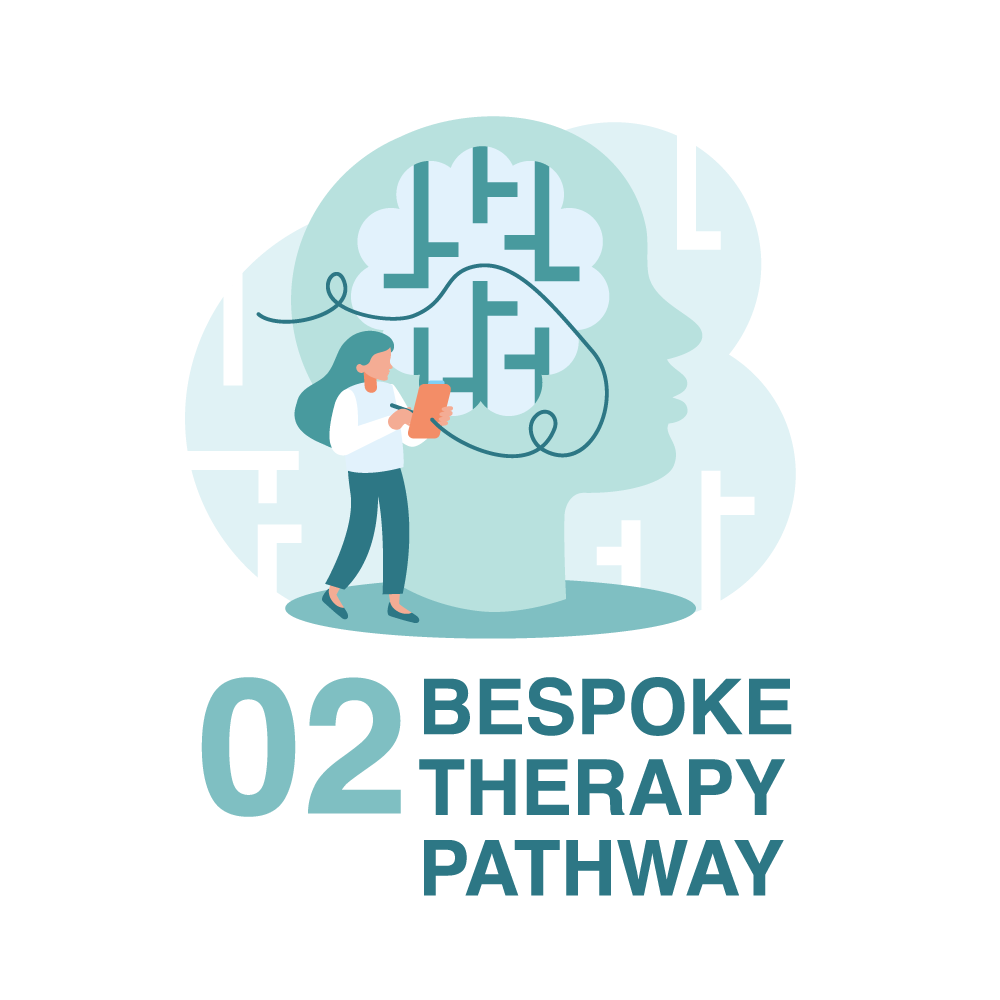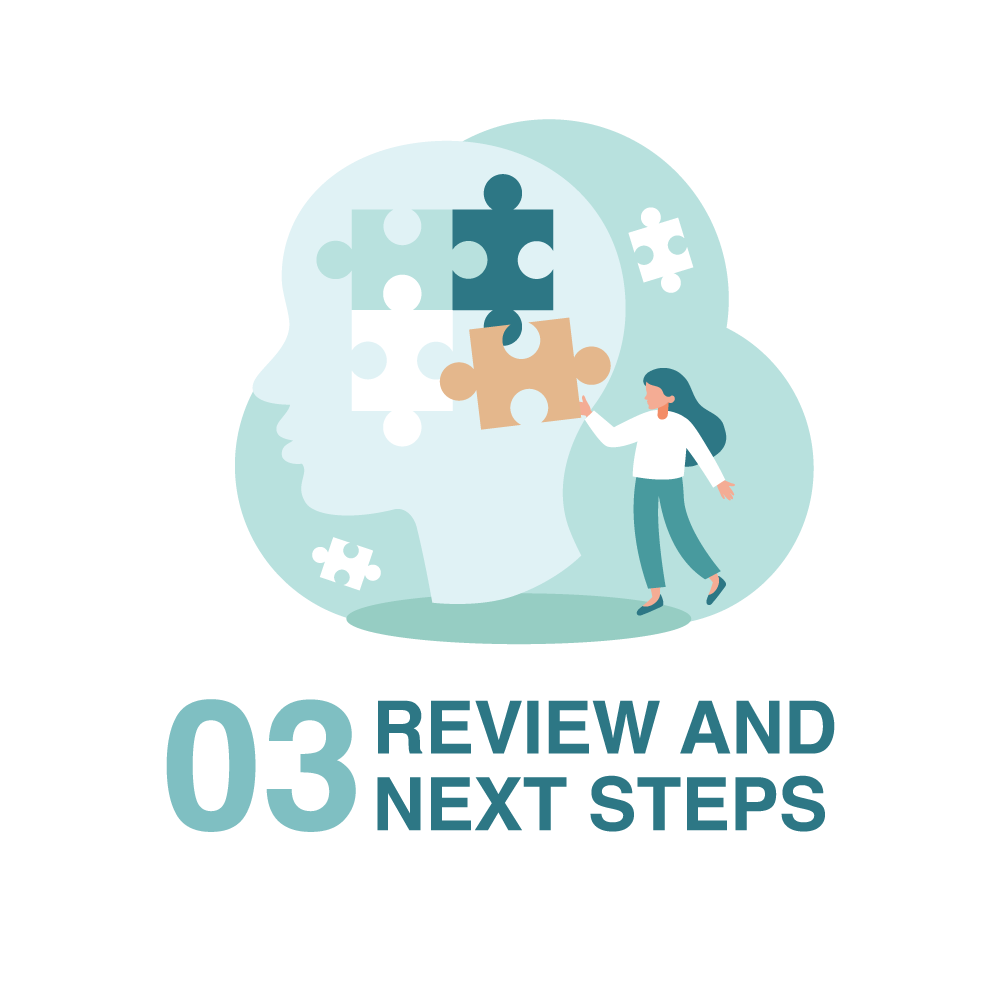

At Insights Psychology, our Occupational Therapy (OT) team provides compassionate, evidence-based support to help individuals of all ages thrive in their daily lives.
Our approach is neuroaffirming, person-centred, and strengths-based — recognizing that every person’s sensory, emotional, and cognitive profile is unique. Occupational Therapy focuses on enhancing participation, independence, and wellbeing in meaningful life activities — at home, at school, at work, and in the community. We aim not only to build skills but also to nurture self-understanding, confidence, and balance through tailored strategies that align with each person’s goals and environment.
Our licensed Occupational Therapists work with:

Parent Consultation & Information Gathering

Assessment with the Young Person

Collating Outcome & Report

Feedback to Family & School

Initial Consultation:
Every therapy journey begins with an Initial Consultation.
The Therapist gathers relevant information to design a personalized plan and may suggest further assessments or collaboration with schools, workplaces, or family members.

Bespoke Therapy Pathway
After the consultation, your therapist will develop a personalized therapy plan, often structured in 10-session blocks with regular reviews.
The plan may include:
Therapy sessions are designed to be engaging, affirming, and practical — helping clients build skills and confidence that translate into their everyday life.

Review and Next Steps
At the end of each therapy block, progress is reviewed collaboratively.
The Therapist discusses what’s working well, what still feels challenging, and possible next steps. These may include:

It is not always possible for young people to attend therapy regularly at our clinic. Further, for some people that have already completed a block of therapy sessions, the next step may be to generalize their new skills in their everyday environment. A Regulation Support Plan is a structured tool developed by an Occupational Therapist to help individuals, particularly children and young people, to understand and manage their sensory and emotional regulation needs in their everyday environment.
The plan is designed to:
The process involves an Initial Parent Consultation, school observation, and sensory profile mapping, followed by a written plan and feedback meeting. This plan helps ensure that environments are supportive and consistent, reducing distress and promoting regulation across settings.

Families and adults reach out to our Occupational Therapy team for support with:

We are not an emergency service, if you or someone you know is in crisis, please go to the emergency department at Al Jalila Children’s Hospital or Rashid Hospital


